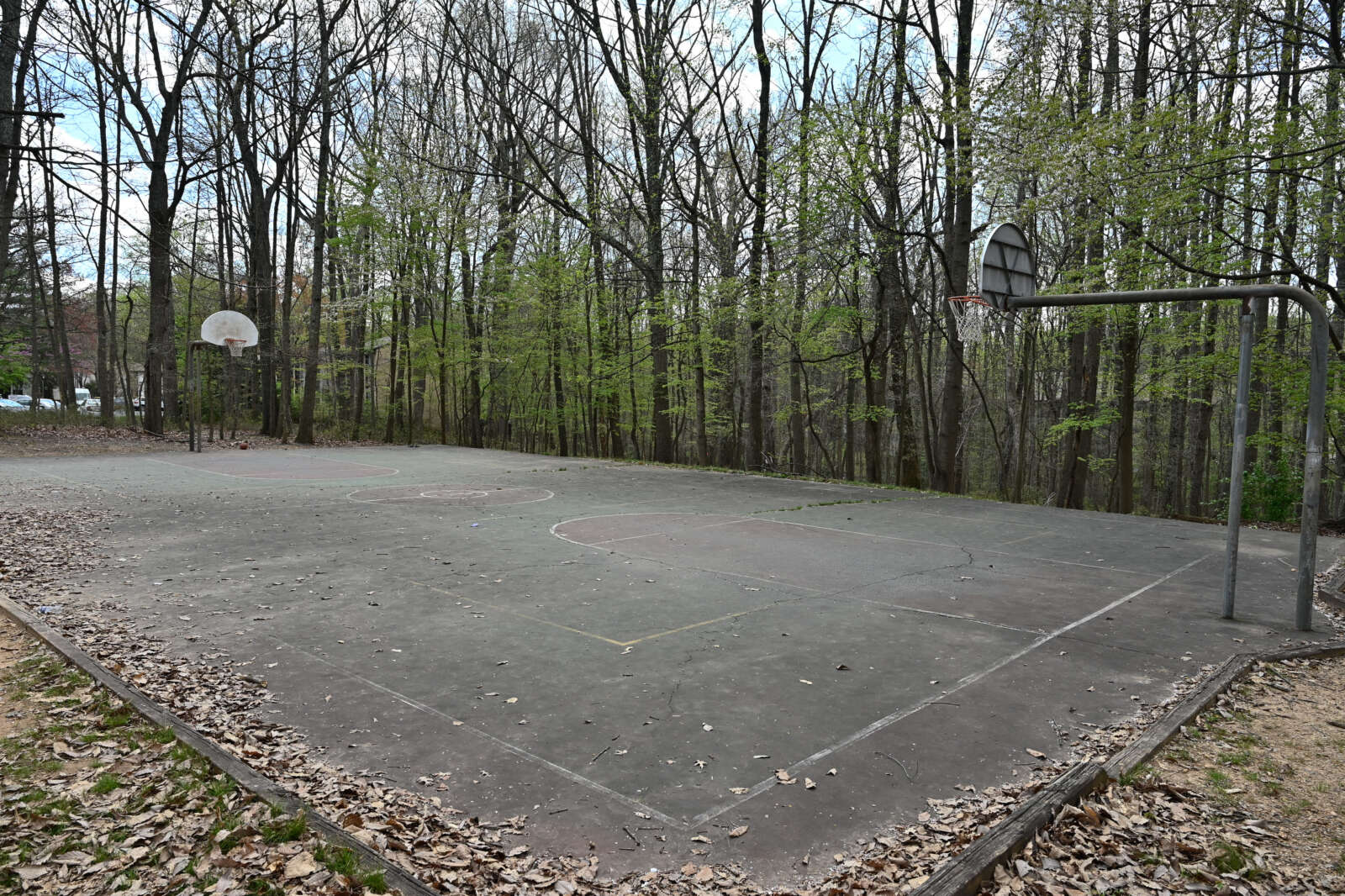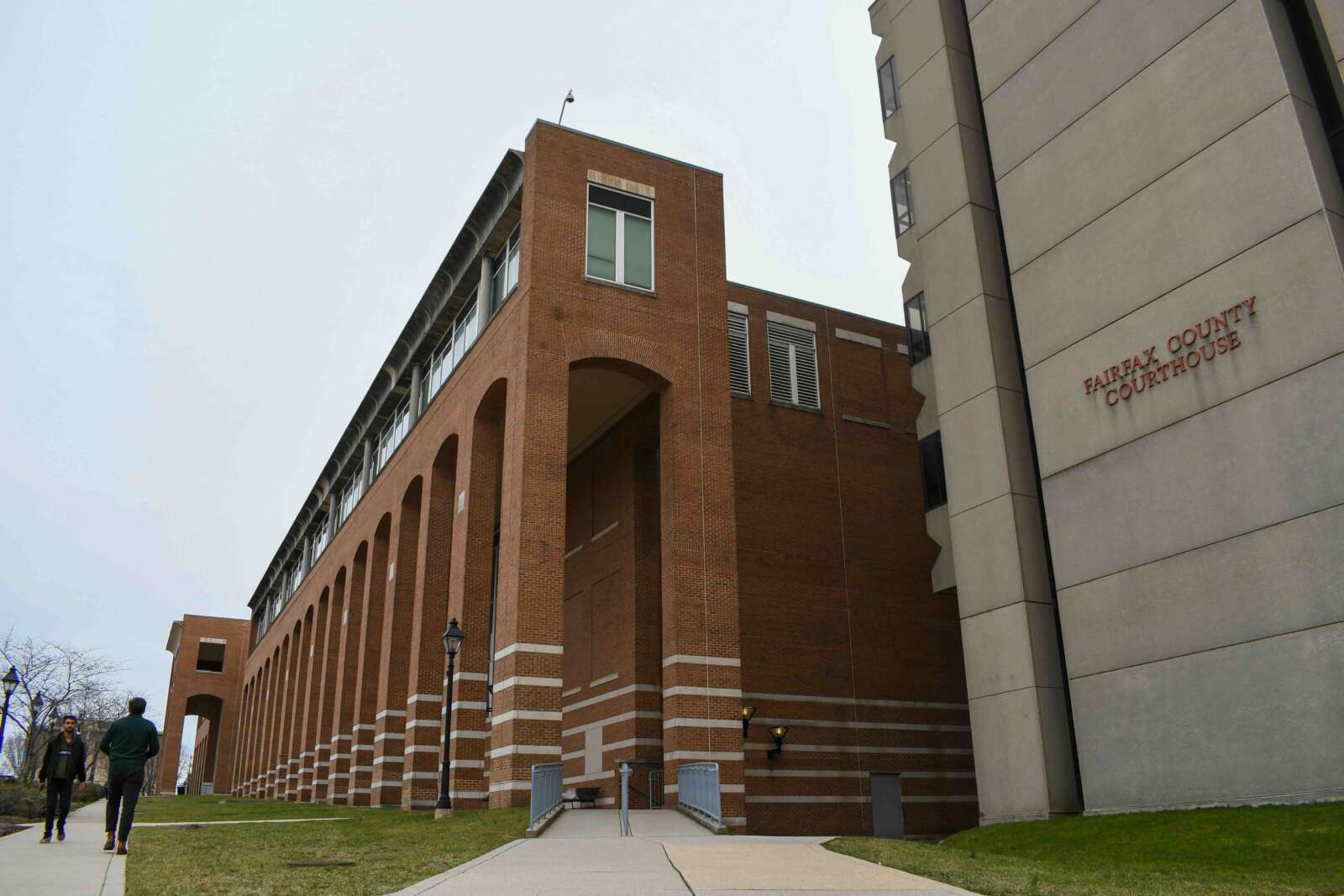Most people can remember the flowchart from high school civics class that graphically showed how a bill becomes a law.
According to the chart, a legislator gets an idea for a bill that is drafted, introduced into one house of the Legislature where it is heard by a committee, sent to the floor for a vote if approved, and sent on to the other house for the same routine. Generally, that is what happens in the best of circumstances, but reality is much more complicated.
I can best make my point about what really happens in too many cases by reviewing the erratic course of a couple of bills in this session of the Virginia General Assembly that will not become law.
There is an increasing realization that many legislatures — including the General Assembly in Virginia — are not as responsive to public opinion as would be expected from democratically elected bodies, because of the way that legislative boundaries are drawn. An intense campaign by an organization named OneVirginia2021 has made many people aware that under the current system of having the Legislature drawing its own district boundaries, legislators are picking their voters rather than voters picking their representatives.
By comparing voting histories with census numbers, district boundaries can be drawn that are safe for incumbent legislators. The likelihood of incumbents being defeated is so slight that they go unchallenged. I have been working on this issue throughout my political career and once again introduced legislation to establish an independent legislative redistricting commission. My bill was sent to the Privileges and Elections Committee, where it was assigned to a subcommittee. The subcommittee allowed me and others with similar bills to make presentations with comments from the public.
A survey of my district indicates that about 80 percent of my constituents support a nonpartisan approach to drawing district lines. Other legislators introduced bills to accomplish the same result. My bill and all the others were swept together in one motion and defeated by a vote of four to one. On this important issue, four legislators made the decision for the entire 140 members of the General Assembly.
This is not an unusual situation. My bill that would have required universal background checks for gun purchases had the support of the governor and 90 percent of my constituents. It was sent to the Militia, Police and Public Safety Committee and then to a subcommittee of five legislators, four of whom have an A+ rating by the National Rifle Association. There was little surprise when my bill and all the other common-sense gun safety measures were defeated by a vote of four to one.
Under the Rules of the House, the Speaker of the House makes all committee assignments. Rather than a balance of points of views, the committee membership is stacked to reflect his position of the majority party. The Speaker also decides which committee will consider which bills. The rigged committee membership makes it easy to explain how a bill does not become a law in Virginia.






